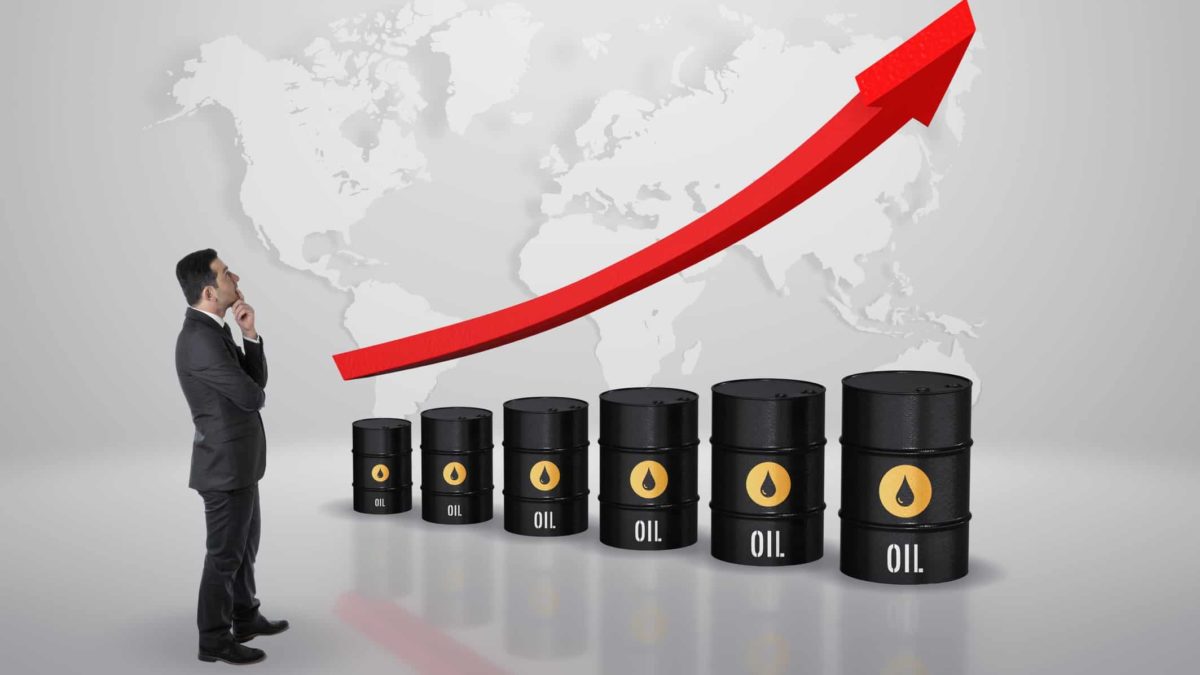The International Monetary Fund (IMF) has revised upward its estimates of the oil price Saudi Arabia needs to balance its budget, given the nation's current restricted production levels.
The agency now believes Saudi Arabia will need crude to trade near US$100 per barrel to achieve this.
US$100 per barrel oil might not come as good news to Aussie motorists. But it should please investors in S&P/ASX 200 Index (ASX: XJO) energy shares like Woodside Energy Group Ltd (ASX: WDS), Santos Ltd (ASX: STO) and Beach Energy Ltd (ASX: BPT).
What is the IMF predicting?
As Bloomberg reports, the IMF forecasts Saudi Arabia will require an average oil price of US$96.20 per barrel in 2024. That's if the government maintains its current production limit at 9.3 million barrels per day.
Riyadh is leading the charge by the Organization of Petroleum Exporting Countries and their allies (OPEC+) to keep global oil markets from another crude glut. This saw the Saudis voluntarily reduce output by an additional one million barrels per day in July.
OPEC+ meets again on 1 June to discuss whether to extend the current production limits.
With conflict heating up in the Middle East, as we'll touch on below, the oil price may remain elevated regardless of the cartel's decision.
The IMF estimates that if Saudi Arabia ups its production back to 10.3 million barrels per day, the government would be able to balance its budget with crude trading for US$84.70 per barrel.
Oil price spikes on reports of Israeli reprisal attack
Ever since Iran's missile and drone attack on Israel on Sunday, the world has been waiting with bated breath for Israel's response. One that could ignite the region into a wider war and potentially send the oil price soaring.
Despite 99% of Iranian drones and missiles being shot from the sky before achieving their targets, Iran's government declared the Sunday assault a victory. And they warned of a swift and furious response to any reprisal attack from Israel.
That attack now appears to have been launched.
While details remain sketchy and unverified, with new information hitting the wires as I write, officials in the United States indicated that Israel has hit targets near the Iranian city of Isfahan.
This news saw the Brent crude oil price spike to US$90.66.
Commenting on the evolving situation, Warren Patterson, head of commodities strategy at ING Groep said (quoted by Bloomberg):
Depending on the nature of strikes, we are moving closer toward a scenario where supply risks become a reality. The market will likely have to start pricing in an even larger risk premium.
Before Israel's attack was reported, RBC Capital Markets analysts noted:
We continue to highlight the heightened risk that this war will move up the escalation ladder. Oil supplies could be caught in the crosshairs of this metastasizing conflict.









